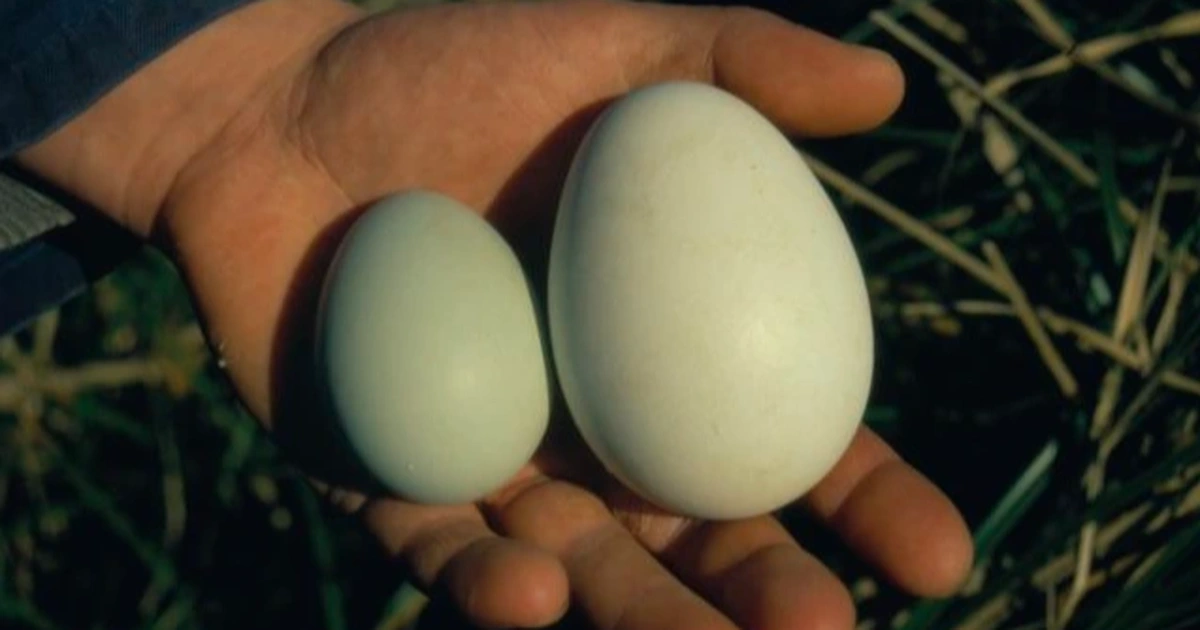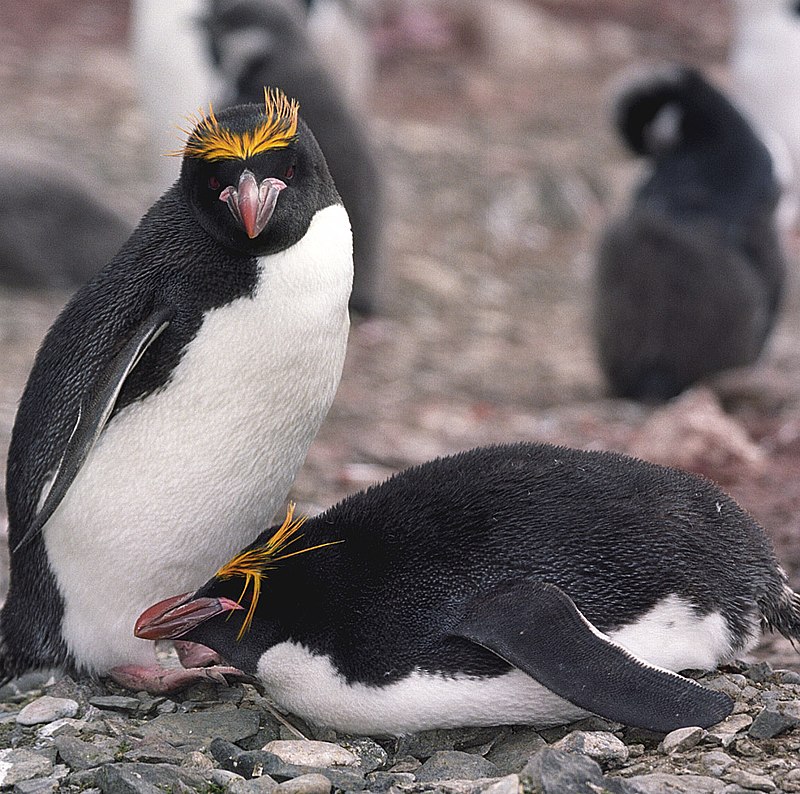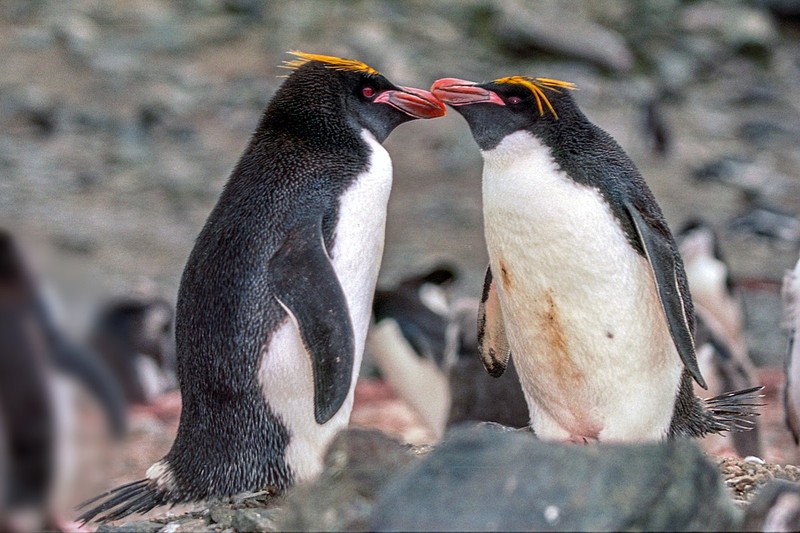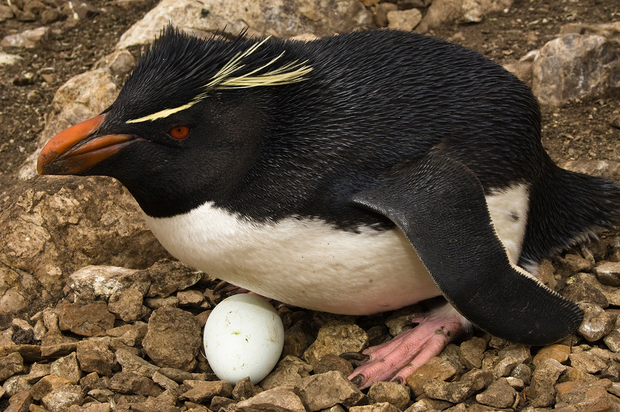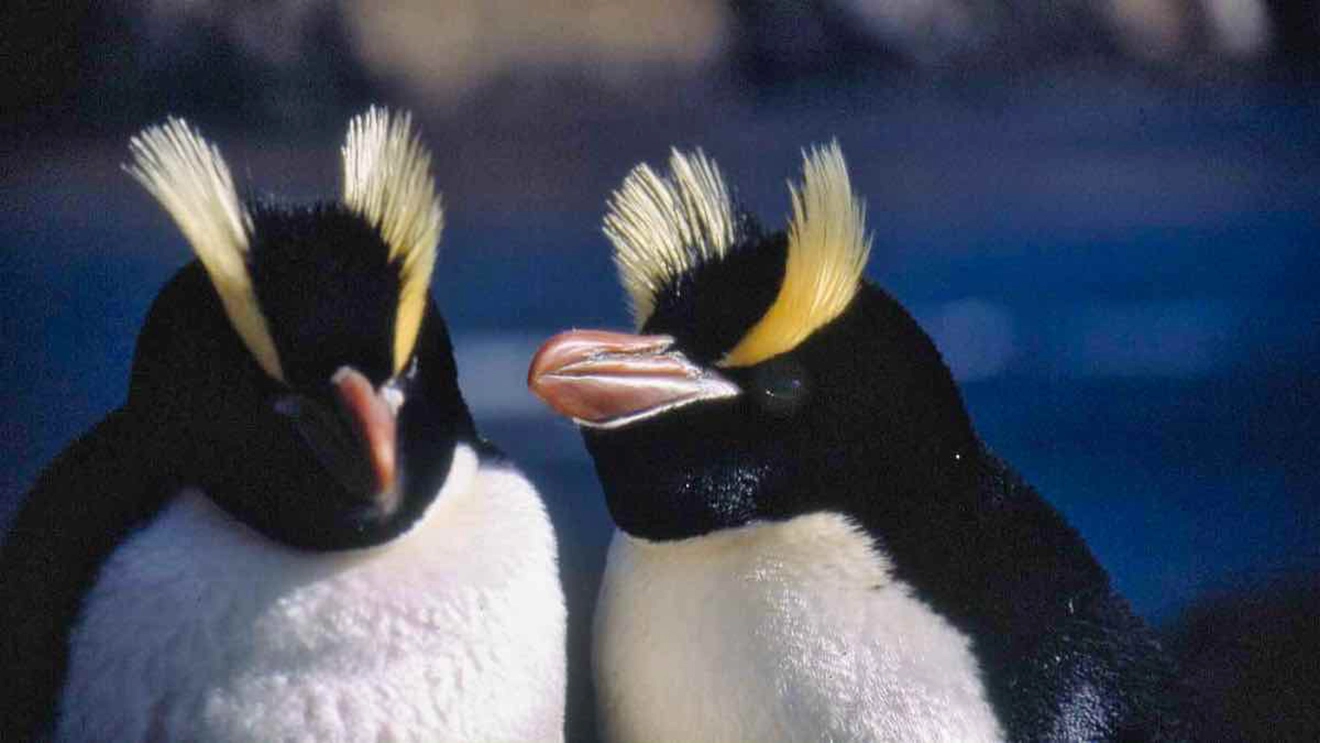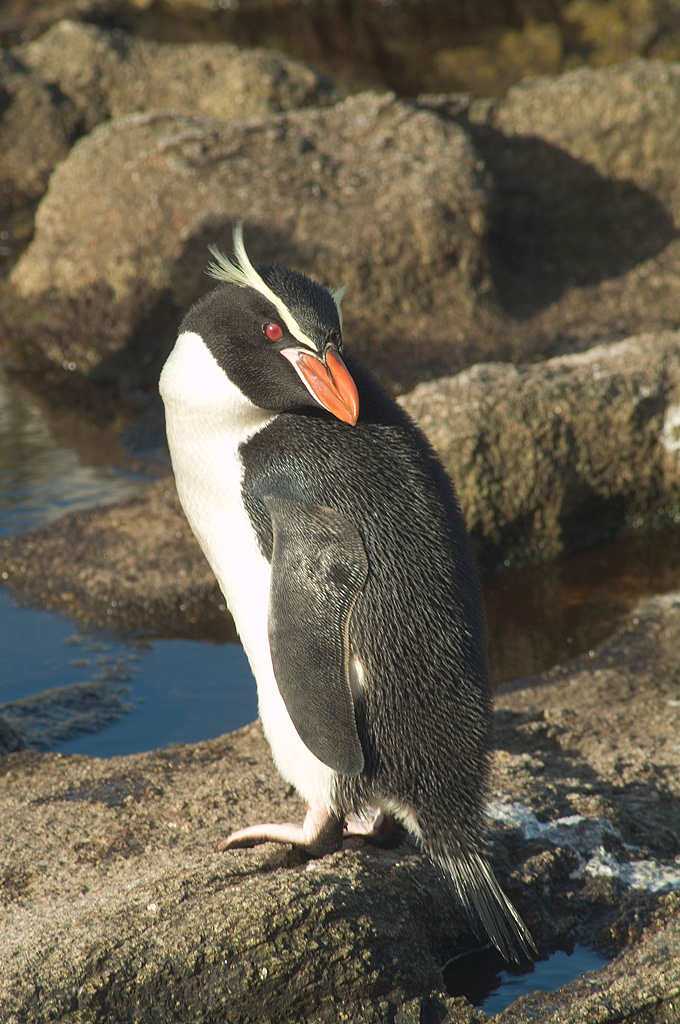Decoding the Strange Egg Incubation Ritual of the Fiordland Crested Penguin
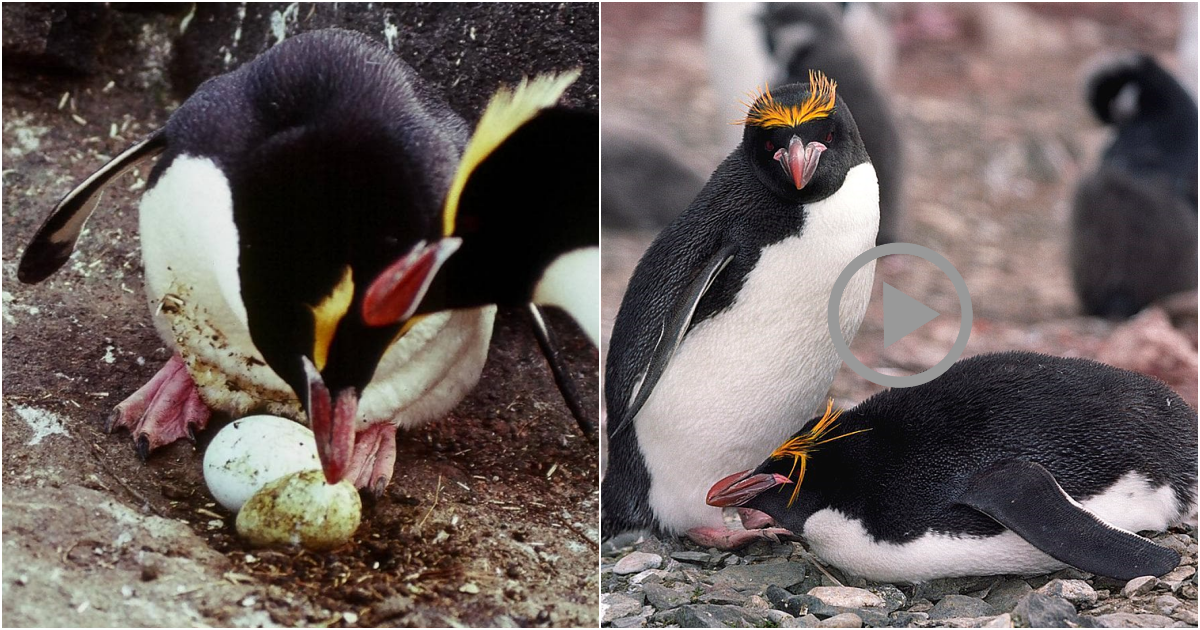
A recent study published in the online journal PLOS One on October 12th has unraveled the peculiar breeding behavior of the Fiordland Crested Penguin.
The Fiordland Crested Penguin is currently facing the risk of extinction, making this research a significant step towards conserving this species.
The study, conducted by expert Lloyd Davis from the University of Otago in New Zealand and his colleagues, revealed that the Fiordland Crested Penguin consistently discards its first-laid egg because it cannot simultaneously sustain the growth of two chicks. The second egg, which is larger than the first, has a higher chance of survival.
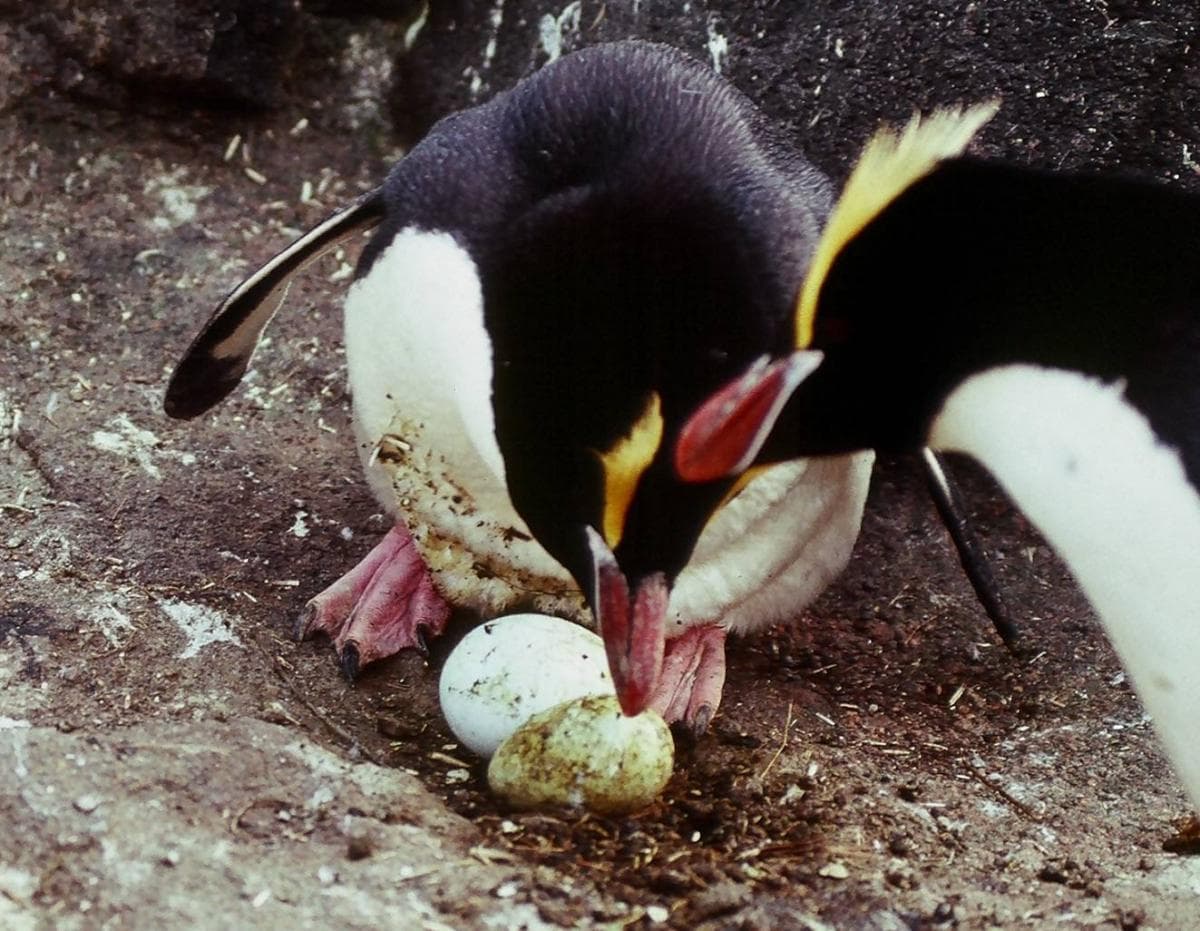
The population of Fiordland Crested Penguins has significantly declined over the past 50 years due to the impacts of climate change, storms, and landslides.
Data on the unusual breeding behavior of the Fiordland Crested Penguin was collected by scientist Lloyd Davis and his two colleagues in 1998. This is the most recent and comprehensive data available on this bird species.
The Fiordland Crested Penguin typically lays its second egg approximately five days after the first egg hatches.
Researchers have discovered that the first-laid egg always “disappears” either before or immediately after the second egg appears. The main reason for this is that the male or female penguins intentionally break or push the first egg out of the nest. The researchers believe that the present-day Fiordland Crested Penguins still retain the breeding habits of previous generations, which involved laying and incubating two eggs.
